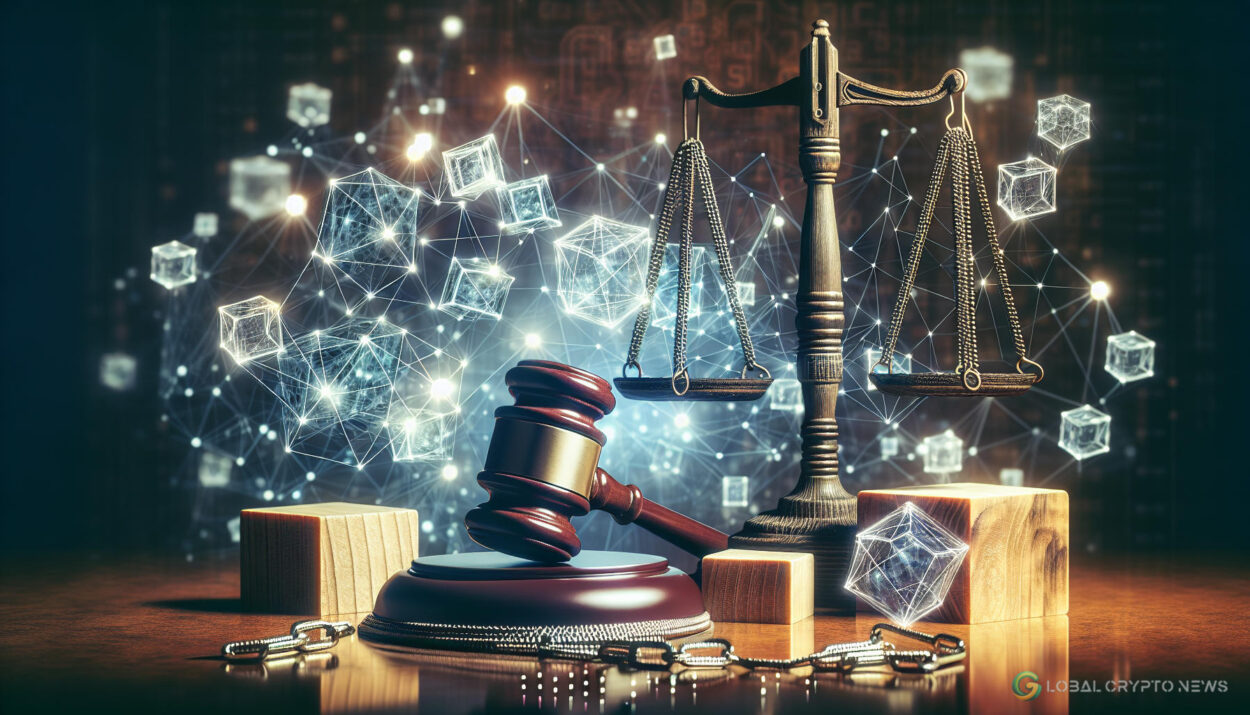Judge Katherine Polk Failla has postponed the trial of Roman Storm, co-founder of Tornado Cash. This controversial case raises questions about the responsibility of crypto mixers for their users’ actions.
Charges Against Tornado Cash Developers
Roman Storm was arrested in August 2023, a year after U.S. authorities imposed sanctions on Tornado Cash. He faces charges of criminal conspiracy and money laundering amounting to over $7 billion. Other developers, Alexey Pertsev and Roman Semenov, were also detained. Pertsev was found guilty of laundering $1.2 billion and sentenced to five years in prison. He appealed the verdict, but his request for bail was denied.
To aid their legal battles, the developers established the JusticeDAO Foundation, supported by various representatives from the cryptocurrency community.
American Sanctions Against Tornado Cash
In August 2022, the U.S. Treasury’s Office of Foreign Assets Control (OFAC) imposed sanctions on Tornado Cash, blocking its property within U.S. borders. The mixer has been accused of facilitating the laundering of over $7 billion in illicit cryptocurrency proceeds, including $455 million linked to the North Korean hacker group, Lazarus Group. It was also involved in laundering $96 million from the Harmony network heist and $7.8 million from the Nomad cross-chain protocol hack.
Coinbase funded a lawsuit against the Treasury Department, arguing that the sanctions on Tornado Cash exceeded the department’s authority.
Legal Complexities and Defense Arguments
The defense has highlighted the complex legal and factual issues in the case, noting millions of pages of documents that require translation. The court sided with the defense, delaying the trial to allow more time for document review.
During hearings, the debate centered on whether decentralized services like Tornado Cash can be held accountable for their users’ actions. The developers’ lawyers argue that the mixer was not created with criminal intent and that the founders had no control over user funds.
The judge questioned whether a service should be criminally liable if one of its thousands of users is a criminal.
Are Tornado Cash Developers Guilty?
The issue of custody is central to understanding whether a tool or service is responsible for money laundering. Tornado Cash’s decentralized nature means developers cannot prevent its illegal use, despite implementing regulatory compliance tools. These tools allowed users to disclose funds’ sources voluntarily and modified the web interface to prevent deposits from criminal-associated Ethereum accounts.
The American authorities’ stance suggests that if a developer’s code is used by criminals, the developer is criminally liable. This case raises significant questions about the future responsibilities of cryptocurrency service developers.
Stay updated with the latest news on cryptocurrencies, investing, and finance at Global Crypto News.






















